Health & Medicine
-
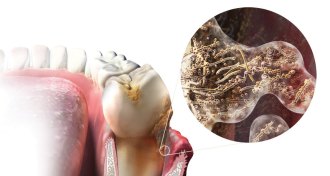 Health & Medicine
Health & MedicineGum disease opens up the body to a host of infections
Researchers are getting to the root of gum disease's implications for other diseases.
By Laura Beil -
 Neuroscience
NeuroscienceHippocampus makes maps of social space, too
The hippocampus is a multitalented mapmaker.
-
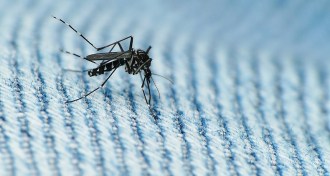 Health & Medicine
Health & MedicineFive things to know about Zika
Last week, a public health poll pointed to some myths that have been circulating about Zika. Let’s bust them.
-
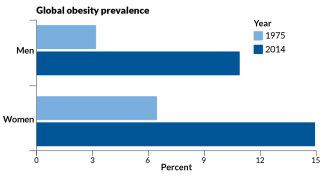 Health & Medicine
Health & MedicineGlobal obesity rates continue to climb
Despite public health campaigns, the worldwide prevalence of obesity is on the rise, an analysis of BMI data suggest.
By Meghan Rosen -
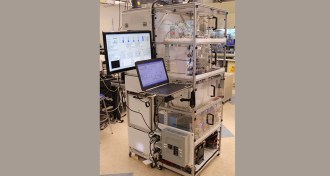 Health & Medicine
Health & MedicineMachine makes drugs on demand
A new drug-making system rapidly produces a variety of medications on demand.
-
 Health & Medicine
Health & MedicineFridge-sized contraption makes drugs on demand
A new drug-making system rapidly produces a variety of medications on demand.
-
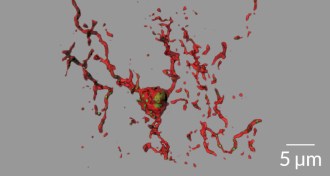 Neuroscience
NeuroscienceNerve cell links severed in early stages of Alzheimer’s
Nerve cell connections may be trimmed too much in early stages of Alzheimer’s.
-
 Health & Medicine
Health & MedicineEnvironment still tied to MS risk
50 years ago, scientists reported a possible connection between the environment and multiple sclerosis risk.
-
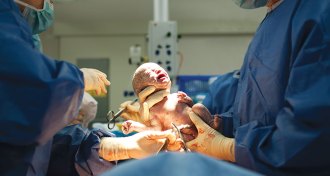 Health & Medicine
Health & MedicineShould C-section babies get wiped down with vagina microbes?
A study suggests that a post-birth rubdown with vaginal fluid offers starter microbes to babies born by C-section. But it might not always be a good idea.
-
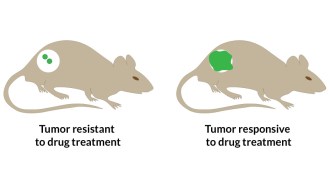 Health & Medicine
Health & MedicineCancer killers send signal of success
Newly designed nanoparticles deliver anticancer drugs and updates on tumor death.
-
 Genetics
GeneticsZika may have flown to Brazil in 2013
The brand of Zika currently floating around the Americas traces its origins to Asia and may have arrived in Brazil by air as early as 2013.
-
 Life
LifeRacing for answers on Zika
In the latest issue of Science News, Editor in Chief Eva Emerson talks Zika virus, microbes, nutrition and mental health.
By Eva Emerson